Former Magic: The Gathering champion Paulo Vitor Damo “PVDDR” da Rosa has a tough time focusing during major events these days.
Playing on the game’s digital platform, Magic: The Gathering Arena, is much different than sitting across a table from an opponent with physical cards in hand. The 33-year-old winner of the 2020 world title and Brazil native, who’s competed professionally in Magic since 2003, can’t engage in online matches the way he can when he’s sitting in front of a foe.
“I’m the kind of person that is hyperactive,” PVDDR said. “I’ll be in the match, and if my opponent would be thinking for too long, I’m just gonna alt-tab and look at my emails because I’m bored. I can’t do that in person.”
That’s just a sliver of how Magic: The Gathering has changed since publisher Wizards of the Coast started exploring the game’s full digital potential. A game can’t exist for 27 years without changing along the way, but the pace has accelerated since Arena’s open beta in 2018 — and the COVID-19 pandemic has sped that along further.
Offline events have all but disappeared since the pandemic began, but that decline started earlier for Magic, with Arena’s official release in 2019. PVDDR and other players needed to adapt to the online scene. He had more than just mid-game boredom to worry about, too. Mechanics like “the rope,” an in-game signal to players that their time to think through the turn is running out, used to make him panic.
Even PVDDR’s deck choices are affected by the digital version of the game. Before a recent tournament, PVDDR said he was considering bringing a combo deck that relied on a card called Paradox Engine. However, since the strategy requires so many steps and clicks that wouldn’t exist in a real-life game, he decided against it.
“I was sure I would mess up or run out of time, because it’s just too action-intensive,” PVDDR said, “so you do have to take this into account.”
Magic’s seen big changes away from the mechanics of the card game, too. There are more people playing Magic: the Gathering than ever before, according to Aaron Forsythe, the game’s vice president of research and development.
What Wizards of the Coast is doing seems to be working from a business perspective. Magic: The Gathering managed to have its most successful year in 2020 despite the pressures of a global pandemic on both the company and consumers, according to a Hasbro earnings report.
“I remember seeing a stat in a meeting about how many millions of games of Zendikar Rising Standard had been played on MTG Arena before the tabletop cards were even officially on sale,” Forsythe said, “and that really highlighted what a different world we’re in now.”

An increase in the number of games played plus the power of the internet has changed the entire landscape of Magic: the Gathering tournaments. PVDDR said that 15-20 years ago, many competitors might have brought a weak, homebrewed deck to a tournament only to be blown away by professionals who played strong strategies or who uncovered a card interaction no one had seen before. Today, information spreads so much faster that PVDDR said everyone will show up with more optimized setups, and he can’t remember the last time he encountered an archetype he hadn’t seen before.
Forsythe agreed that the Magic metagame moves very quickly now and that real-life card-holders might sometimes lag behind. But for Arena’s game director, Jay Parker, that’s an unavoidable part of growing the game.
“It does mean we’re putting more stress on the Standard format, and that poses some challenges,” Parker said. “But it also means that Magic is reaching a lot more players, and they are able to play more Magic than ever. And that’s basically the whole point.”




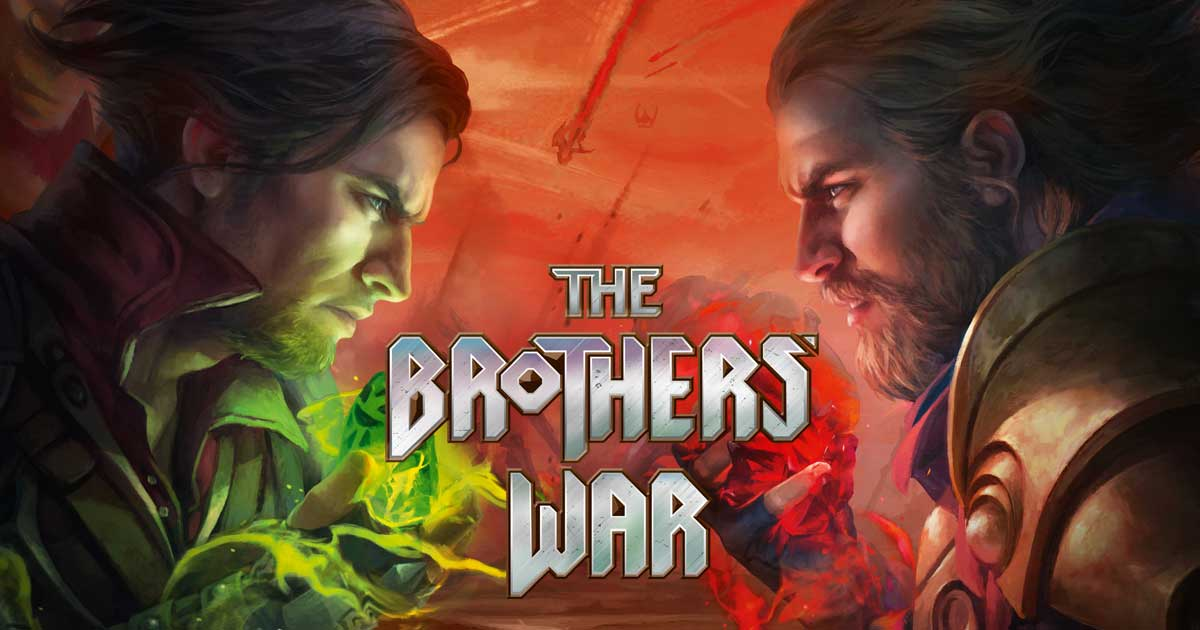
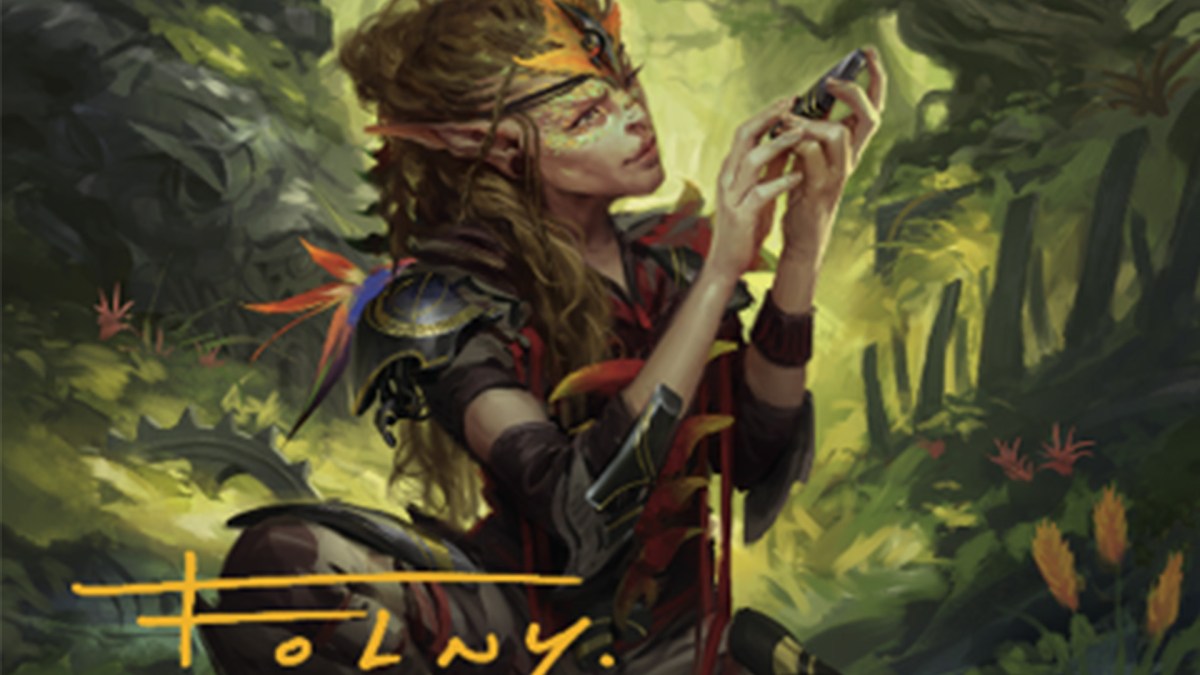
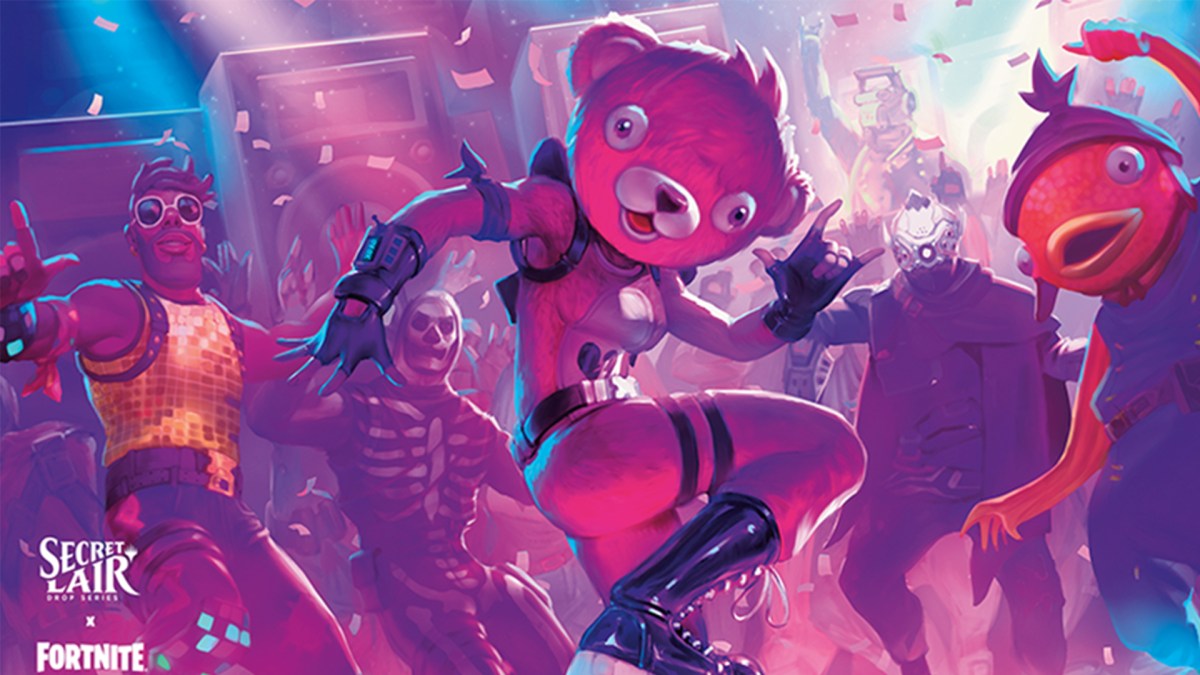
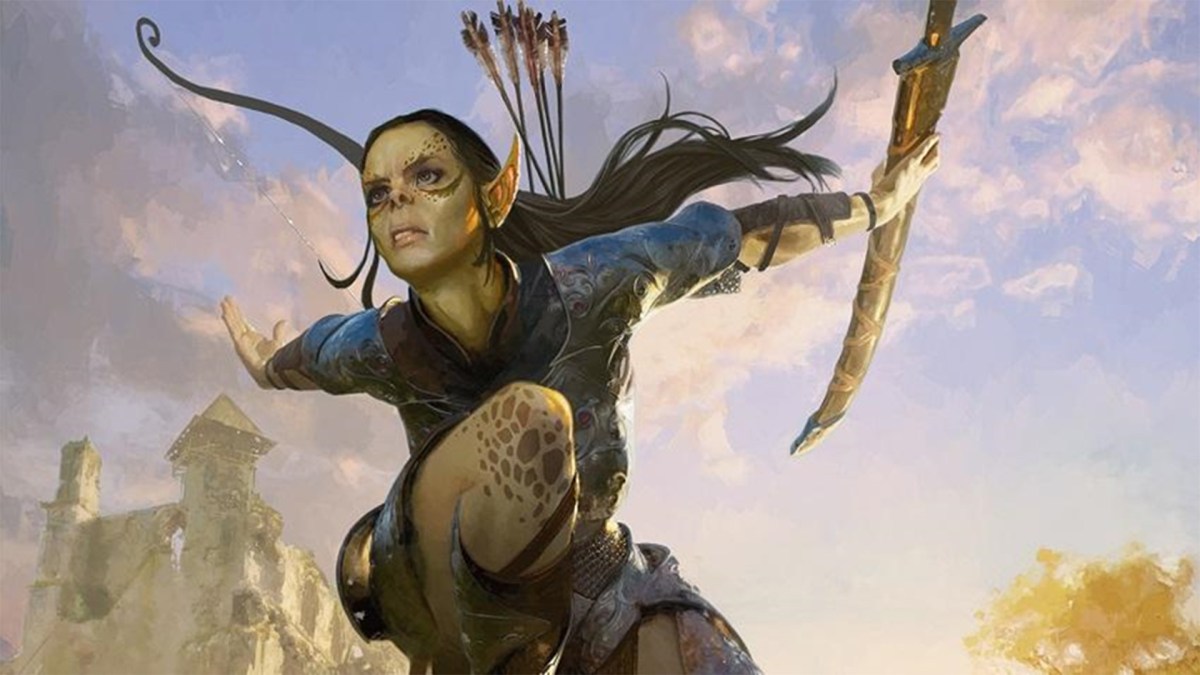
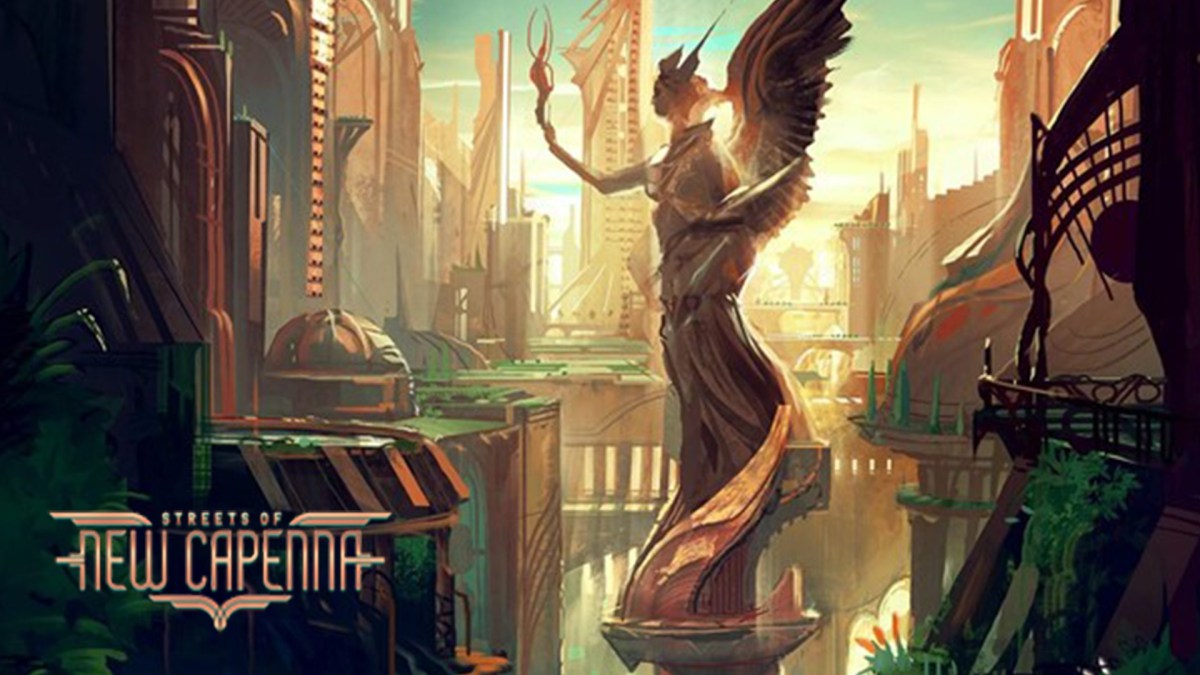
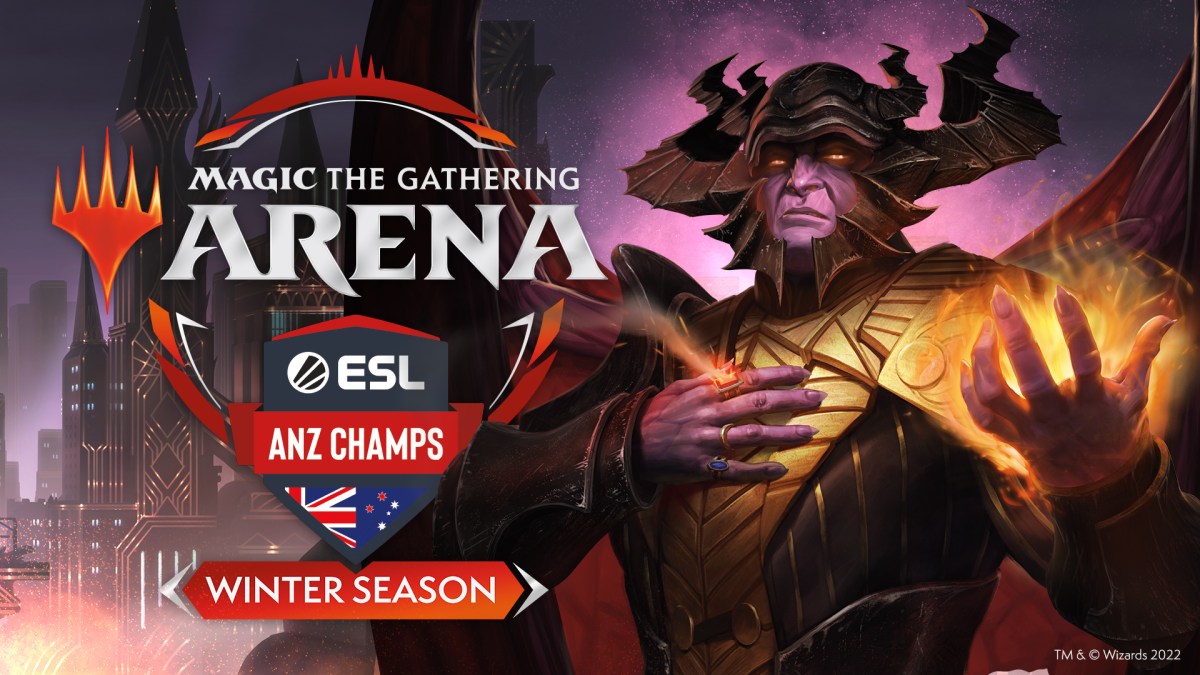

Published: Apr 24, 2021 11:06 am